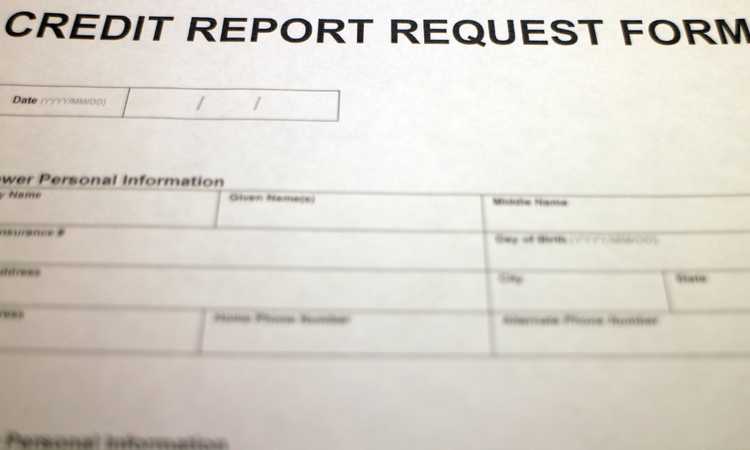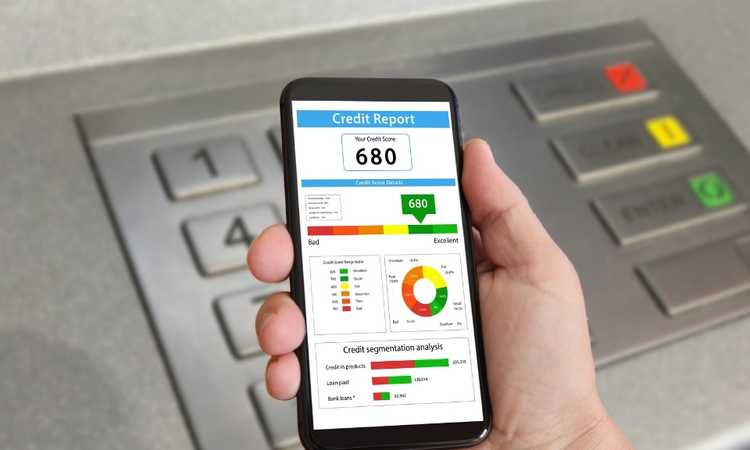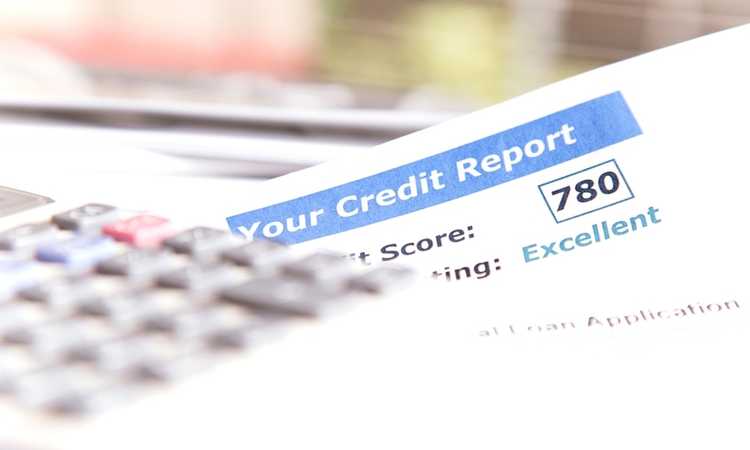Have you ever looked at your credit report and wondered how to DIY clean up your credit report so you can get approved for loans and credit? Unfortunately, it’s not always simple. Different items on your credit report can have different effects on your credit score, so it takes some know-how to figure out where to start. But don’t worry – we’ve got you covered! We’re going to share our tips about how to DIY clean up your credit report. Keep reading to learn more!

1. Get a copy of your credit report from all three credit bureaus
According to the Fair Credit Reporting Act (FCRA), you are entitled to one free credit report from each of the three major credit bureaus-Equifax, Experian, and TransUnion-every twelve months. You can request your report online, by phone, or through the mail. When requesting your report online, you will need to provide your name, address, Social Security number, and date of birth.
Once you have received your report, be sure to review it carefully for any errors or inaccuracies. If you find any errors, you can contact the credit bureau directly to dispute the information. Correcting errors on your credit report can help improve your credit score.
Get Additional Credit Reports For Free
You can also get a free copy of your credit report if you have been denied credit, employment, or insurance within the past 60 days; if you are on welfare; or if you are unemployed and plan to apply for employment within 60 days.
You can also get a free copy of your credit report if you believe that your report contains inaccurate information due to fraud. In order to get a free copy of your credit report in these situations, you will need to provide proof of identity, such as a copy of your driver’s license or Social Security card. You will also need to provide a written statement explaining why you believe that there is an error on your report.
Read This: How can you get a copy of your credit report for free?

Find Out Your Credit Score
If you find that you need more than one free credit report per year, you can purchase additional reports from the credit bureaus for a fee. You can also get your credit score from the credit bureaus for a fee. Your credit score is a numerical representation of your creditworthiness and is based on information in your credit report.
Read This: Credit Score vs. Credit Report: What’s The Difference?
A higher score indicates that you are a lower risk borrower and is more likely to be approved for loans and lines of credit. Conversely, a lower score indicates that you are a higher risk borrower and may be denied loans or lines of credit. There are many factors that contribute to your credit score, including payment history, outstanding debt, length of credit history, types of credit accounts, and new credit accounts.
2. Review your credit report for any errors or inaccuracies
If you find any errors on your credit report, you can dispute the information with the credit bureau. According to the FCRA, credit bureaus are required to investigate any disputed information within 30 days. If the credit bureau finds that the disputed information is inaccurate, they must remove it from your report.
They must also notify any creditors who have received your report in the past six months. If you dispute an error with a creditor, they are not required by law to investigate your claim. However, many creditors will conduct an investigation if you provide them with documentation supporting your claim.
3. Contact your creditors directly to inquire about outstanding balances or unpaid bills
If you have any outstanding balances or unpaid bills, you should contact your creditors directly to make arrangements for payment. When you contact your creditor, be sure to have all of your documentation ready, including a copy of your credit report and any supporting documentation. Once you have made arrangements with your creditor, be sure to get the agreement in writing and keep a copy for your records.

4. Make all payments on time
One of the most important things you can do to improve your credit score is to make all payments on time. Payment history is one of the most important factors in determining your credit score. Creditors want to see that you have a history of making on-time payments before they will extend credit to you. If you have missed any payments, be sure to catch up as soon as possible.
5. Keep balances low on credit cards and other revolving credit accounts
Credit utilization is another important factor in determining your credit score. Credit utilization is the percentage of your available credit that you are using. For example, if you have a credit card with a $1,000 limit and a balance of $500, your credit utilization would be 50%. Credit scoring models typically recommend keeping your credit utilization below 30%.
6. Pay off debt rather than moving it around
If you have debt spread out across multiple accounts, you may be tempted to transfer the balance of one account to another in order to take advantage of a lower interest rate. However, this will only temporarily lower your credit score because it will increase your credit utilization. Instead, focus on paying down the balances of your accounts so you can reduce your overall debt and improve your credit score in the long run.
7. Establish or reestablish your credit history
If you have no credit history, it may be difficult to get approved for loans or lines of credit. One way to establish a credit history is to get a secured credit card. A secured credit card requires a deposit that serves as collateral for the account. As long as you make your payments on time and keep your balance low, you will start to build a positive credit history that will help you get approved for other types of credit in the future.
8. Monitor your credit report regularly
Make sure to monitor your credit report regularly to make sure there are no errors and to keep track of your progress. You are entitled to one free credit report from each of the three major credit bureaus every year. Order your free credit reports at annualcreditreport.com. In addition, you can get a free credit report from each bureau if you have been denied credit in the past 60 days.
Following these steps will help you repair your credit and improve your credit score. However, it is important to remember that credit repair is a process that takes time. Be patient and consistent in following these steps, and you will see results.

Erika Finn, founder of Credit Help, is an attorney who graduated from law school (JD) at University of California, Berkeley and is a member of the California Bar Association. She was a member and editor of the California Law Review and won the Prosser Prize for Legal Accounting. She holds a Master’s Degree (MFA) from the University of Southern California (USC) and a Bachelor’s degree (BA) from Indiana University- Bloomington with highest distinction.
Credit Help believes that everyone should have access to helpful, free information about how to raise their credit rating.
Articles on Credit Help are not legal advice or financial advice.